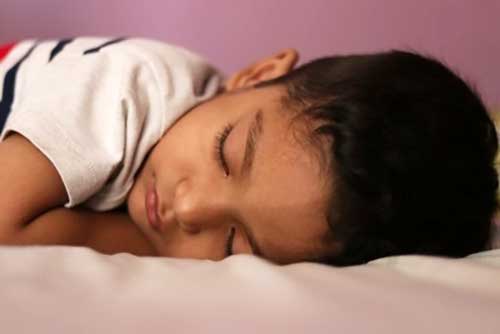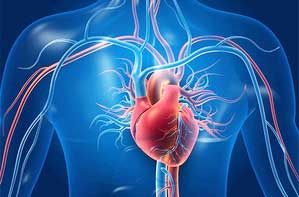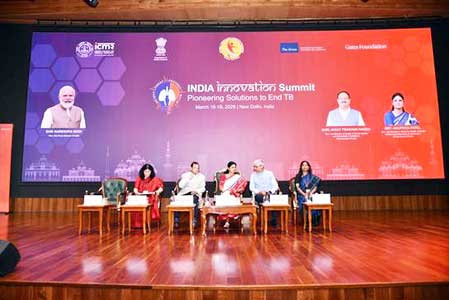Sleep is a critical part of a child's overall health, but it can also be an important factor in the way they behave, according to a study.
Researchers from the Youth Development Institute at University of Georgia, US, getting enough sleep can help children combat the effects of stressful environments.
"Stressful environments are shown to make adolescents seek immediate rewards rather than delayed rewards, but there are also adolescents who are in stressful environments who are not impulsive," said lead author Linhao Zhang, a fourth-year doctoral student in UGA's College of Family and Consumer Sciences.
"We looked at what explains that link and what makes some people differ from others. One mechanism we found is sleep," Zhang added.
Using information from 11,858 children from 9-10 years old, the researchers found that lack of sleep and long sleep latency -- the amount of time it takes to get to sleep -- had a significant link to impulsive behaviours down the line.
Sleep problems, such as sleep latency (the time it takes an individual to fall asleep) and impulsive behaviours, were checked at multiple time points over the course of two years.
When children got less than the recommended nine hours of sleep or took more than 30 minutes to get to sleep, there was a strong link to impulsive behaviours later down the line.
Some of these behaviours included acting without a plan, seeking thrills or sensations, and lacking perseverance.
Sleep was a mediator between these actions, however, and when sleep problems were absent during the study, impulsivity was also less likely to be observed in the future.
Neurological hyperconnectivity, wherein the adolescents' brains remained very active even when they were not actively engaged in tasks, also played a role, Zhang said.
This study looked at the default mode network, a brain network related to goal-directed behaviours.
When this network was hyperactive during resting-state, it could exacerbate the link between stressful environments, sleep and impulsivity.
This connection could be linked to ADHD, which Zhang would like to explore in future studies.
The findings not only highlight sleep's role in cognitive and behavioural development, but could also inform low-cost interventions to aid in the psychological development of children facing at-home stressors, Zhang said.






Indian pharmaceutical exports get reprieve from Trump’s reciprocal tariffs
Because of the importance of India’s pharmaceuticals to US healthcare, those exports will get a reprieve from President Donald Trump’s reciprocal tariffs, according to the White House.
New AI algorithm to predict risk of cardiovascular events, heart-related death
A team of researchers in South Korea has developed a novel artificial intelligence (AI)-based algorithm that uses electrocardiograph (ECG)2 data to predict the risk of cardiovascular events, and heart-related death.